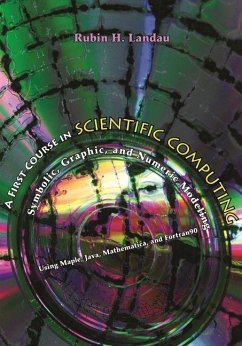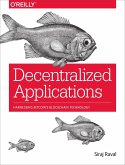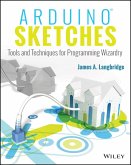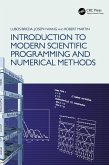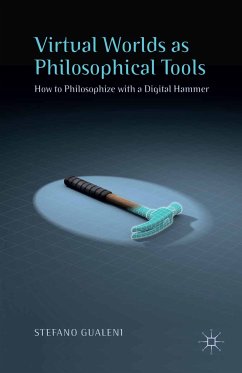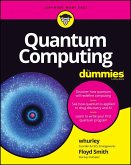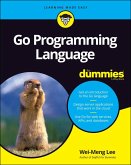Landau covers the basics of computation, numerical analysis, and programming from a computational science perspective. The first part of the printed book uses the problem-solving environment Maple as its context, with the same material covered on the accompanying CD as both Maple and Mathematica programs; the second part uses the compiled language Java, with equivalent materials in Fortran90 on the CD; and the final part presents an introduction to LaTeX replete with sample files.
Providing the essentials of computing, with practical examples, A First Course in Scientific Computing adheres to the principle that science and engineering students learn computation best while sitting in front of a computer, book in hand, in trial-and-error mode. Not only is it an invaluable learning text and an essential reference for students of mathematics, engineering, physics, and other sciences, but it is also a consummate model for future textbooks in computational science and engineering courses.
- A broad spectrum of computing tools and examples that can be used throughout an academic career
- Practical computing aimed at solving realistic problems
- Both symbolic and numerical computations
- A multidisciplinary approach: science + math + computer science
- Maple and Java in the book itself; Mathematica, Fortran90, Maple and Java on the accompanying CD in an interactive workbook format
Dieser Download kann aus rechtlichen Gründen nur mit Rechnungsadresse in A, B, BG, CY, CZ, D, DK, EW, E, FIN, F, GR, HR, H, IRL, I, LT, L, LR, M, NL, PL, P, R, S, SLO, SK ausgeliefert werden.

